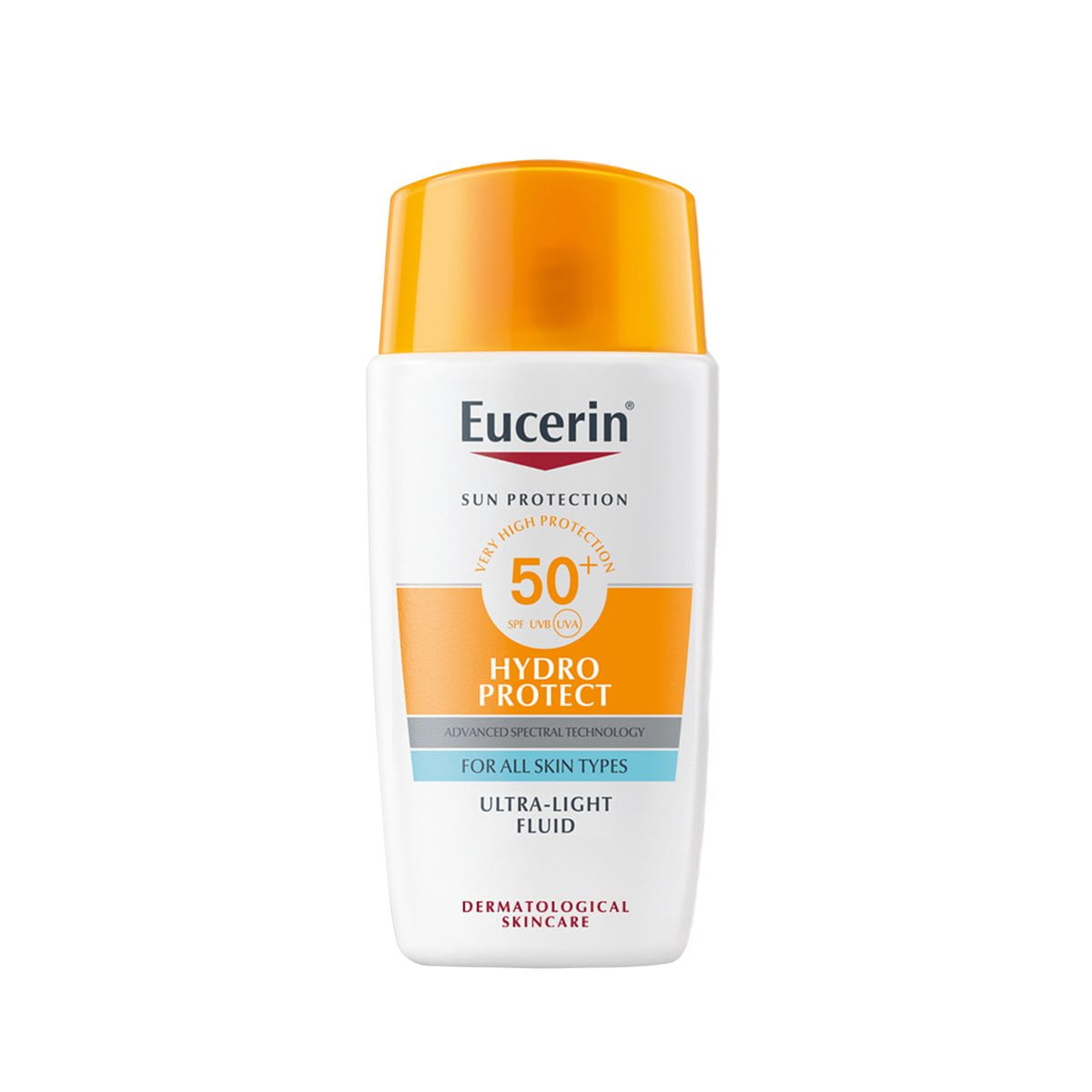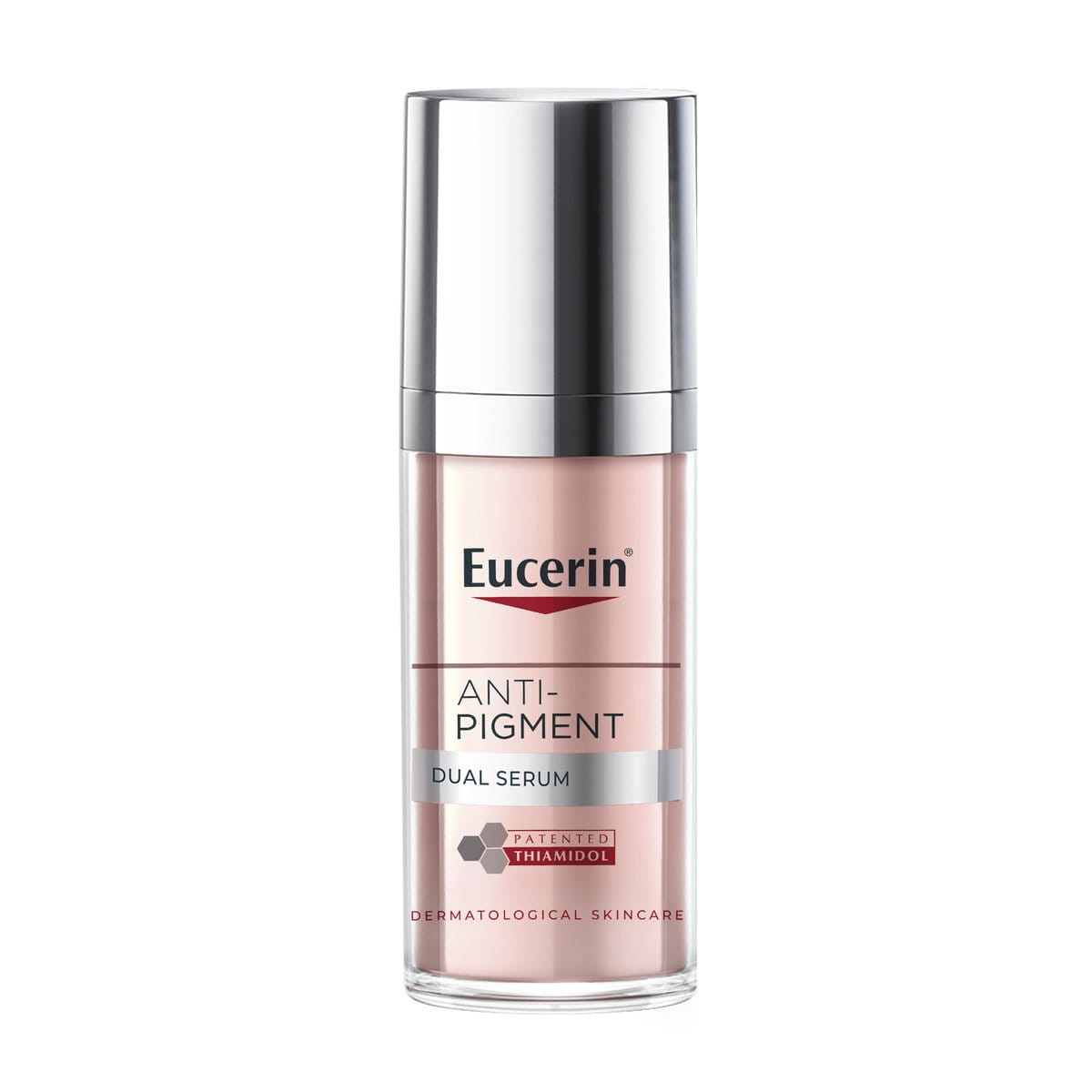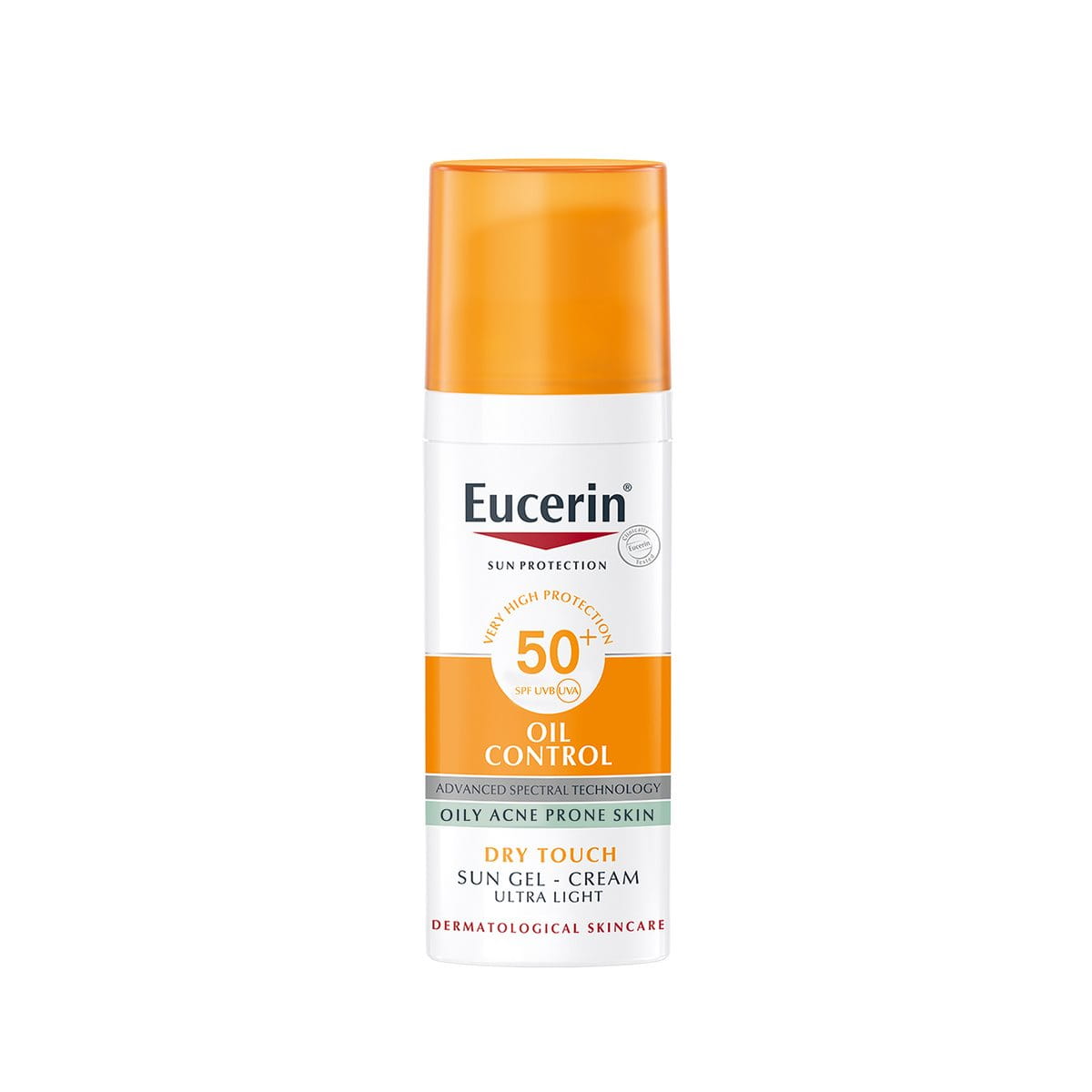Niacinamide and hyaluronic acid are two formidable active ingredients in the skincare industry. Both these ingredients bring their own set of benefits to the table. For instance, the benefits of niacinamide in skin involve brightening your skin. Meanwhile, the benefits of hyaluronic acid include oil control, hyaluronic acid deeply hydrates your skin.
Keynotes:
- Hyaluronic acid is a humectant that is known to keep the skin plump and hydrated.
- Niacinamide has a calming effect and is most suitable for people with oily or acne-prone skin.
- Hyaluronic acid and niacinamide can be combined and used together without side effects.
- These active ingredients can be used in the morning or the night.






